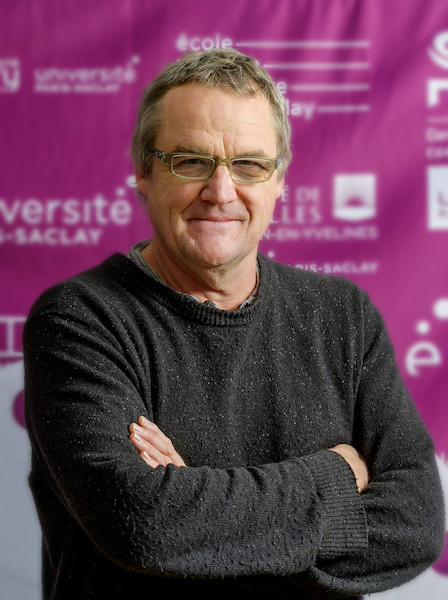In a nutshell

![]() jean-paul.vanderlinden [at] uvsq.fr
jean-paul.vanderlinden [at] uvsq.fr
+33 (0)1 80 28 55 01
In a nutshell | News | Publication | PhD Thesis Supervision | Scientific leadership | Teachings
I am currently developing a new research stream: local terminal risks as proxies for existential risks. I am exploring empirically, with human groups facing local terminal risks, the conditions under which actions may induce a level of remanence that would be deemed acceptable. I am simultaneously exploring if, and if yes how, local terminal risk situations may be used as proxies for existential risks.
I have been engaged for the past 15 years in research activities on adaptation to climate change as a key thematic area. I worked, and still work, with local communities analyzing how climate change is impacting or will potentially impact their daily lives. I analyze adaptation to climate change using risk governance and land use planning as a conceptual entry point, through the lens of integrated analysis. My main geographical focus is the coastal zone.
I am also conducting research on the epistemic dimensions of interdisciplinary work.
In terms of method, I use grounded theory in order to analyze qualitative data corpora and to develop theoretical propositions that are grounded in the heuristics of the research subjects I am working with. I have been using art and science integration as a data collection and analysis methodological device.
I started my academic career by applying regional science and ecological economics with a strongly interdisciplinary posture, first in the west african sahel, and thereafter on coastal issues: aquaculture development, integrated coastal zone management. I then developed a research program on coastal risks in general first and later on hazards associated with the impacts of climate change. I also started a thorough examination of interdisciplinary science as a practice. Today my research program is fundamentally transdisciplinary: climate change adaptation science being coconstructed with nonscientific stakeholders, either user of climate information, or artists, or local communities.
I had a first career as a development project manager in Africa and southeast Asia (1989-1995). I then completed a M.A. in economics (1996, Université de Moncton, New Nrunswick) and a PhD in interdisciplinary studies (2002, environmental studies, York University, Toronto). I was hired in 1999 as a professor in environmental studies at Université de Moncton. In 2007, I joined the French university, first as associate professor, and, in 2008 as a full professor.



